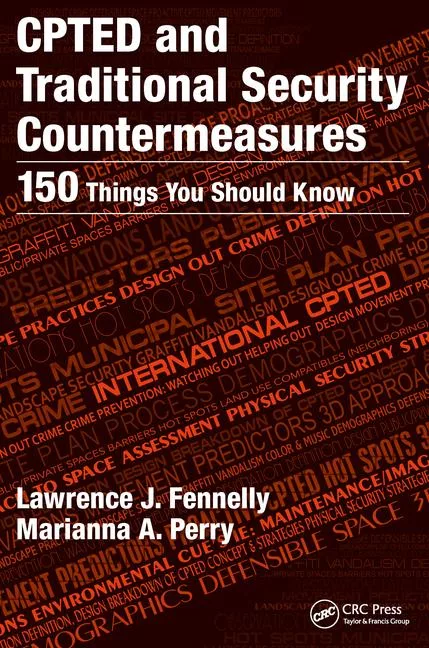Leadership & Management
Leadership when you work alone

alvarez / E+ via Getty Images
Many security practitioners don’t lead a team. They may not even be part of a team. Individual security consultants, academics, thought leaders, small-business owners, researchers, coders, pentesters and countless others in our field may work in solitary conditions. Yet, leadership abilities for isolated workers can be as important as they are for someone who runs a large corporate security department or guard force.
Few of us work in complete isolation. We interact with clients, students, contractors, ad hoc partners and teams, colleagues, salespeople, government authorities and others. It can be tempting to turn inward and bury leadership skills. But that’s a bad idea.
Consider one of the most solitary pastimes that exist: golf. With the possible exception of caddies, golfers don’t rely on anyone. No team, no playbook, no substitutions. Just golfer, clubs, ball and course. Yet, British golfer Tony Jacklin may be better known for his leadership than his two major PGA victories and 29 professional wins overall.
When Jacklin became the European Ryder Cup squad captain in the 1980s, that team had been routinely thrashed for decades by its U.S. cohort. Jacklin studied the demeanor and habits of the U.S. players, then assembled who he considered the best golfers in Europe. Even though the Europeans had little to connect them culturally or politically — the European Union didn’t form until 1993 — Jacklin managed to instill a sense of unity and pride among the players and inspire extraordinary team performances. Under his leadership, the European team defeated the U.S. team for the first time in 28 years, then won again on American soil two years later — a first for the Europeans.
In another example, swimming, like golf, is an intensely individual activity. In the sport’s most elemental form, athletes literally perform with their heads down. Yet, some swimmers only peak when they are part of a team. In one of the most exciting races in Olympic history, U.S. swimmer Jason Lezak chased down his French rival, Alain Bernard, in the last few meters of the 4 x 100 Freestyle Relay in Beijing in 2008. Bernard, the world record holder in the 100 freestyle, entered the water a body length ahead of Lezak. With his three teammates watching and television broadcasters dooming him to second place at best, Lezak picked up his pace over the final few meters, out-touching Bernard by a few hundredths of a second. Lezak obliterated the previous record split time for that distance, a time he never got close to duplicating in individual events. Part of what drove him was to help Michael Phelps gain a record eighth gold medal in a single Olympic Games.
The experiences of Jacklin and Lezak provide seven leadership lessons for the self-employed, individual practitioner or anyone who typically works alone:
- Motivate colleagues: Lezak and his teammates drove each other to help get Phelps his record medal. Good security consultants motivate clients to professionalize and address risk strategically.
- Continuously learn: Jacklin studied the habits of the Americans and mimicked their professionalism. Changes in technology and business processes make maintaining knowledge mastery essential for security practitioners. Malcolm Reid of Brison LLC may be the apotheosis of this trait.
- Inspire others: Jacklin wrangled a group of golfers with little in common into a cohesive unit, then made them believe they could win. Leading organizations or clients to successful outcomes can inspire others to follow suit. In addition, inspiring and mentoring young professionals pay powerful dividends for the profession.
- Do your best work as a team: Lezak swam his fastest time as part of a team. Security practitioners working seamlessly together can accomplish logarithmic results.
- Empower colleagues: When he assumed the captaincy, Jacklin stipulated to the executive director of the European Tour that his golfers would have a first-class experience, from air travel to equipment. Even when only leading an ad hoc team, security professionals can help colleagues perform better by clearing obstacles from their path.
- Exert influence: Once the Europeans beat the U.S. team once, they believed they could win on U.S. soil as well. Thought leaders can convey new ideas, insights or practices in any forum, such as LinkedIn.
- Embody your brand: A rival of Lezak called him a “professional relay swimmer”— though it may have been said derisively, Lezak embraced the positive aspects of that assessment and spun it into his personal brand. Chuck Andrews, who has built a vast network called Friends of Chuck, has mastered this trait with his outsize, friendly Texas personality.
Looking for a reprint of this article?
From high-res PDFs to custom plaques, order your copy today!








